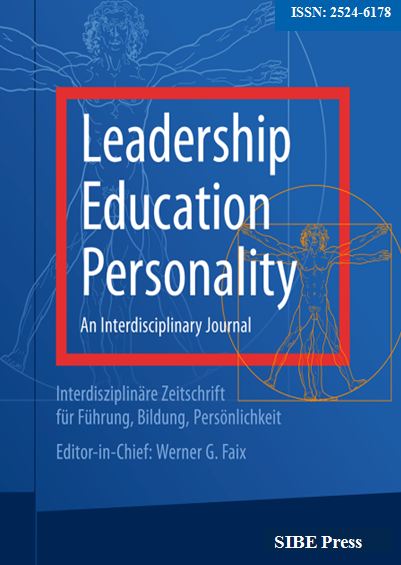Separating Boundaries; Communal Frenzy and Partition’s Aftermath: A Comparative Study of Amitav Ghosh’s The Shadow Lines and Khushwant Singh’s Train to Pakistan
DOI:
https://doi.org/10.1366/0n4d2p94Abstract
This research paper aims to show how the aftermath of India’s partition into two nations casts a deep and everlasting impact on the lives of the common people of the Indian subcontinent. This most traumatic incident on the recorded pages of history is vividly depicted in Khushwant Singh’s “Train to Pakistan” and Amitav Ghosh’s “The Shadow Lines.” The denouement of both novels is quite similar. Both stress a similar vulnerability of human understanding and life, caused by the throes of partition which relentlessly divided friends, families and neighbours. These two novels show the inexorable logic of partition as an offshoot of fundamentalism sparked by hardening communal attitudes. The present study discusses how these two significant works of Indian literature depict the human cost of political decisions, the arbitrary nature of borders, and the long-term impacts of communal violence on people as individuals and as groups through a comparative comparison. These two novels take different approaches to the divide and use various narrative devices, yet they are similar in how they depict the pointlessness of borders and criticise nationalism. This study throws light on the intricate interactions between individual recollections, societal trauma, and historical events by examining the character development, narrative structure, and symbolic representations in the two texts. The research contributes to the broader understanding of partition literature and its role in preserving the memory of one of the most significant events in South Asian history.The most horrific event in our recent history was the division of the Indian subcontinent. The acts of violence perpetrated by a small number of radicalised individuals, coupled with the retaliation carried out by regular Hindus, Muslims, and Sikhs against one another, deteriorated societal norms, warped political perceptions, and confused our sense of morality. The true sadness lay in the sudden termination of a lengthy and widely shared cultural legacy and history. While there was never a perfect connection between the Hindu and the Muslim groups, the division between them left them with a lasting animosity.







